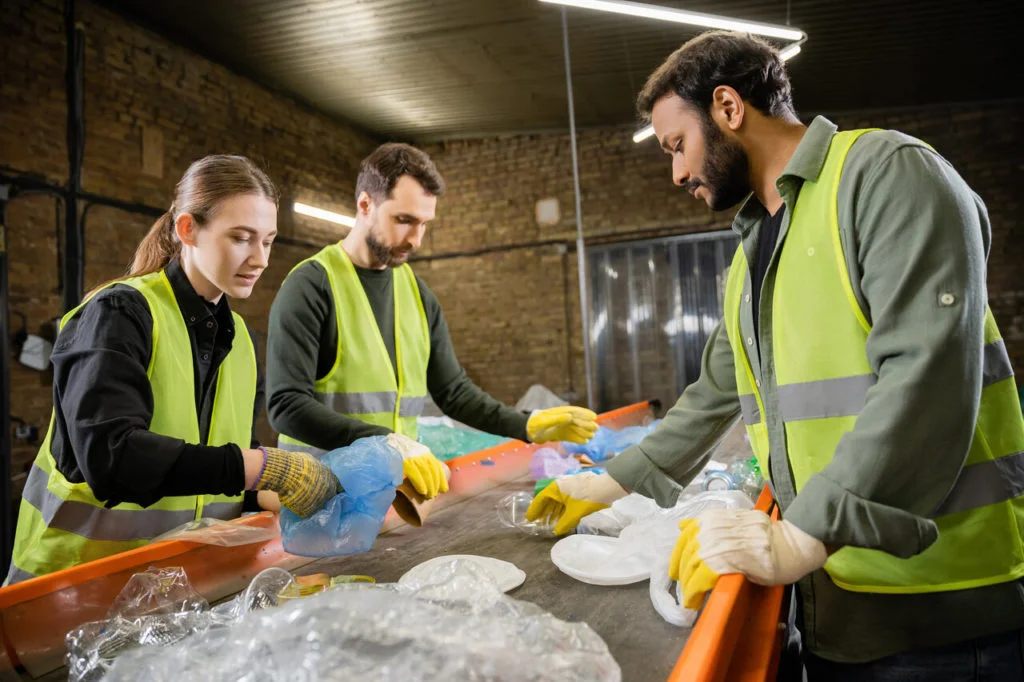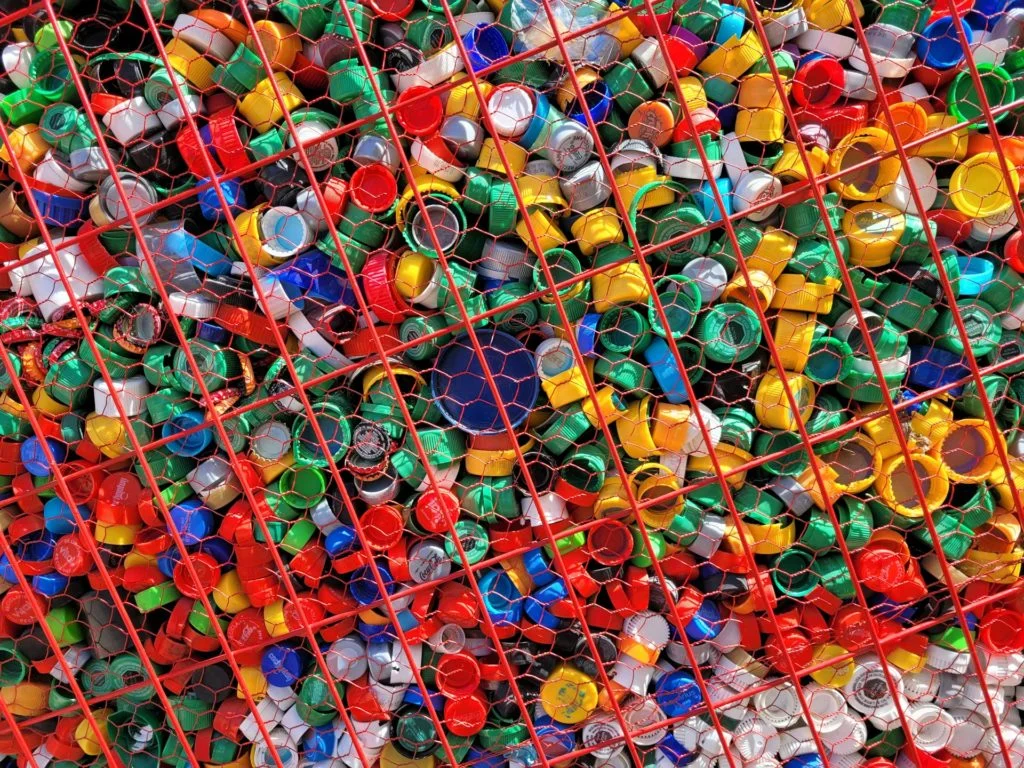The steel and manufacturing industry plays a significant role in driving the global economy. Yet it also contributes to a notable amount of waste generation, particularly in the form of plastic waste. As concerns for waste management and sustainability continue to gain momentum, the industry must adopt innovative solutions to address its environmental responsibilities. One such solution is plastic reprocessing – an advanced technique that takes waste plastic materials and returns them to their original form, fostering a closed-loop system and paving the way for a sustainable circular economy.
By shifting the focus from traditional recycling, which often downgrades material quality, plastic reprocessing allows for the preservation of the integrity and performance of waste plastic materials. As a result, the steel and manufacturing industry can harness its waste plastic in a way that benefits both the environment and operational efficiency, paving the way for a truly circular economy.
In this blog, we will delve into the multifaceted world of plastic reprocessing in the steel and manufacturing industry. We will explore how adopting a circular economy approach can promote environmental responsibility, drive operational efficiency, and deliver cost savings while ultimately redefining sustainable waste management. Follow us as we unveil the transformative potential of plastic reprocessing in a closed-loop system and share key insights for unlocking a more sustainable future in the steel and manufacturing industry.
1. Understanding the Circular Economy
The circular economy concept revolves around the idea of minimising waste generation by reusing and recycling resources as much as possible. This sustainable approach eliminates the traditional linear model of ‘take, make, and dispose’, replacing it with a circular model that aims to keep materials in use for as long as possible. By adopting the principles of a circular economy, the steel and manufacturing industry can significantly reduce waste output, limit their environmental impact, and improve overall efficiency.
2. Introducing the Closed Loop System
Central to the circular economy is the closed-loop system, which ensures that waste materials, such as plastic, are reprocessed and reintroduced into the manufacturing process. This approach is in stark contrast to traditional recycling, which often yields a lower-quality end product that may not be suitable for the rigorous standards of the steel and manufacturing industry.
Plastic reprocessing, as championed by Pulse Plastics, is the driving force behind the closed-loop system, providing an environmentally-friendly alternative to traditional disposal methods. This advanced technique not only reduces the demand for virgin plastic materials but also ensures that the reprocessed plastic is suitable for use in high-quality manufacturing processes.
3. Advantages of Plastic Reprocessing in the Steel and Manufacturing Industry
Embracing plastic reprocessing within the steel and manufacturing industry offers a multitude of benefits.
- Environmental Responsibility: By incorporating a closed-loop system, the industry can minimise its environmental footprint, reducing landfill contributions, lowering emissions associated with traditional plastic production, and conserving natural resources.
- Operational Efficiency: Reprocessing waste plastic materials back into industrial applications ensures a consistent and reliable source of material for manufacturers. This continuity allows for streamlined production processes and increased efficiency across the board.
- Cost Savings: Utilising reprocessed plastics can result in significant cost reductions. Manufacturers benefit from lower material costs while also reducing expenses related to waste management and disposal.
- Regulatory Compliance: As environmental regulations become more stringent, embracing plastic reprocessing can help the steel and manufacturing industry stay ahead of the curve, ensuring compliance with future waste management guidelines and legislation.
4. Overcoming Challenges in Implementing Plastic Reprocessing for a Circular Economy
Despite its numerous benefits, achieving a circular economy through plastic reprocessing presents some challenges for the steel and manufacturing industry.
- Quality Assurance: Ensuring that reprocessed plastics meet industry quality and performance standards is crucial. Partnering with a trusted company like Pulse Plastics guarantees that the reprocessed materials will be suitable for use in high-quality manufacturing processes.
- Infrastructure and Technologies: Integrating a closed-loop system requires the industry to invest in the necessary infrastructure and technologies to facilitate plastic reprocessing. Pulse Plastics can collaborate with partners to provide assistance with implementation, ensuring a successful transition.
- Altering Perception: Perhaps the most significant challenge is changing the mindset towards waste plastic materials, viewing them as valuable resources rather than disposable waste. By fostering a shift in attitude, the industry can encourage widespread adoption of plastic reprocessing and create momentum towards a circular economy.
Conclusion
The integration of plastic reprocessing into the steel and manufacturing industry holds the potential to impact the way waste materials significantly are managed, fostering a circular economy built on sustainability, efficiency, and environmental responsibility. By partnering with a qualified and innovative provider like Pulse Plastics, the steel and manufacturing sector can seamlessly adopt a closed-loop system, reaping the rewards of a greener, more efficient production process.
As the industry tackles the challenges of implementing plastic reprocessing, it must steadfastly commit to promoting a circular economy and transforming the perception of waste plastic materials. By doing so, it can achieve a more sustainable future, laying the foundation for improved resource management and long-term economic and environmental success.
Pulse Plastics, a leading UK-based independent specialist plastic solution provider, is committed to advancing the use of plastic reprocessing within the steel and manufacturing industry. We encourage partners to send their waste plastic to Pulse Plastics for reprocessing, where it is then returned for use in their manufacturing processes, creating a sustainable and eco-friendly closed-loop system. Contact us today to learn more!


